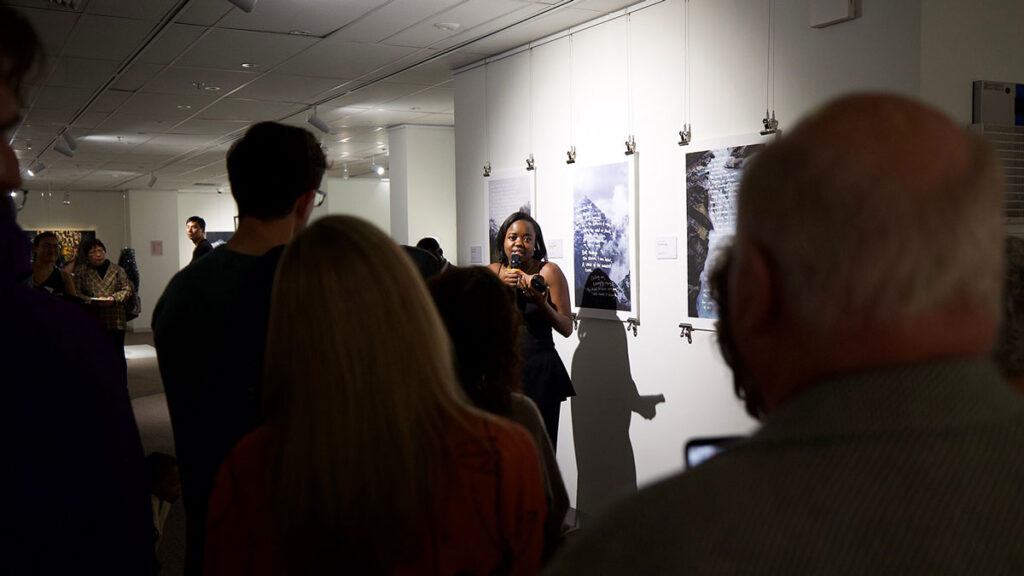This year has been tough. As I write this, my family is waiting in anticipation. Hopefully, by the time you are reading it, we’ll have seen our hopes realised.
You see, my six-month-old daughter, the first granddaughter on both sides, has not yet met my parents. It’s not supposed to be like this. Grandparents are always busting to see their grandchildren. But then COVID-19 came to wreak havoc. The borders to South Australia have been closed and we’ve been separated.
We are just one of many families going through separation this year.
The situation has been frustrating. It has hurt. But it has caused me to reflect on that other reunion we are waiting for—Jesus returning and setting everything right.
There has been lots of conjecture and Christian focus about the tragedies of 2020 and how they feel like the end of the world. Many have pointed to the things happening around us as signs of Jesus’ soon return. They have been exploiting the drama to support their “right” cause.
Habakkuk’s complaint could well be appropriate for these times: “O Lord, how long shall I cry for help, and you will not hear? . . . Destruction and violence are before me; strife and contention arise . . . so the law is paralysed and justice never goes forth” (v1–4).
Dick Duerksen, a storyteller from the Oregon Conference (USA), took morning worship at the South Pacific Division recently. He described the terrible wildfires on the west coast of America, including in Oregon, and how the Church was able to serve their community by inviting those who had evacuated to stay on the Adventist campground.
Although things were terrible, the Church was able to connect with their community in the chaos, in real and tangible ways.
The way we wait through disasters; wear the peace that passes understanding; the way we carry joy through lamenting, is our witness to the world and will be our testimony of our relationship with God. To me, these signs of the end are more about lost relationships. [pullquote]
It’s been easy to despair, thinking the borders will never open. I’ve clung to the hope that I will see my family again.
The borders of heaven and earth separate us from our Father for now. And yet we wait in expectant hope to be together. Some days it feels like things will never change. We can’t see the grand plan. But we do have options for FaceTime and connecting. We can still commune with God in our time of waiting.
We need to stay ready and expectant. The point is not to live in fear and morbidity. If we focus on the disasters around us, we miss the joy that life can bring. This was Habakkuk’s experience. He ends his book, his waiting and unfulfilled expectation, with praise.
Though the fig tree does not bud
and there are no grapes on the vines,
though the olive crop fails
and the fields produce no food,
though there are no sheep in the pen
and no cattle in the stalls,
yet I will rejoice in the Lord,
I will be joyful in God my Saviour (3:17,18).
Hope for the future helps us praise in the pain. Habakkuk trusted God’s promises, that even though he didn’t understand, even though he would never see it, God would make all things right. As we live expectantly, holding onto nothing more than our hope at times, the way we serve others and praise in joy will be the things that set us apart and see us ready as God’s children.
The border has finally opened. My mum has booked a flight. By the time you’re reading this, we’ll have all been reunited. That sweet meeting will have taken place. I’m ecstatic. It’s a moment we’ve all longed for, for six months.
There are many moments this year in which I’ve longed to see Jesus. So many lives have been lost—so many friends to reunite with. I know there will be joy and celebration on that glorious day.
Even so, come quickly Lord Jesus.






